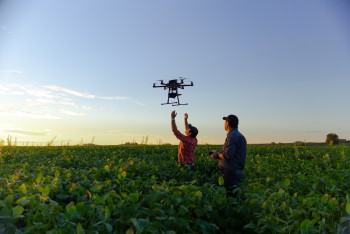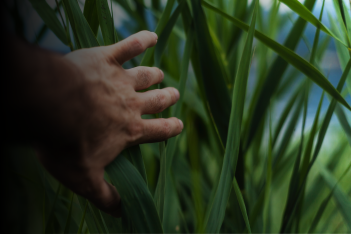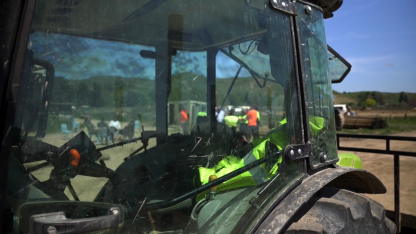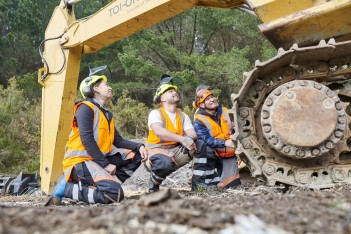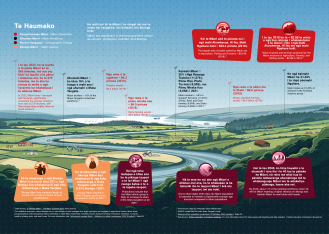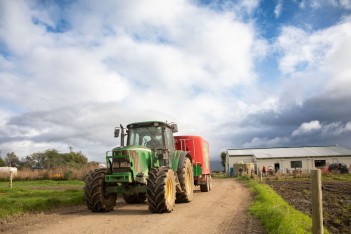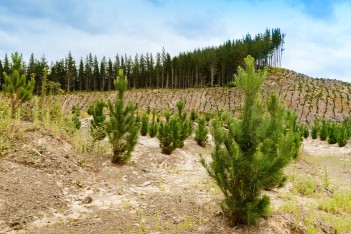2026 Investment Advice
Muka Tangata provides advice to TEC on investment in vocational education to influence funding decisions that considers industry needs, to help match skills and workforce demands with supply.
Learn moreIt is estimated that almost one-fifth of businesses in Forestry are Māori owned, with Māori trusts and incorporations owning more than $4 billion assets in the industry.
Plantation forests are planted across more than two million hectares of land.
The industry’s social license to operate is under question after timber slash wiped out infrastructure during Cyclone Gabrielle in 2023.
Key Challenges
Find out about our work to assess the quality of programmes delivered by providers for this industry here.
A snapshot of the Forestry workforce development plan is available for download here. Please note that this reflects a point in time (July 2024). The most up to date information is on the workforce development plans website.
Muka Tangata provides advice to TEC on investment in vocational education to influence funding decisions that considers industry needs, to help match skills and workforce demands with supply.
Learn more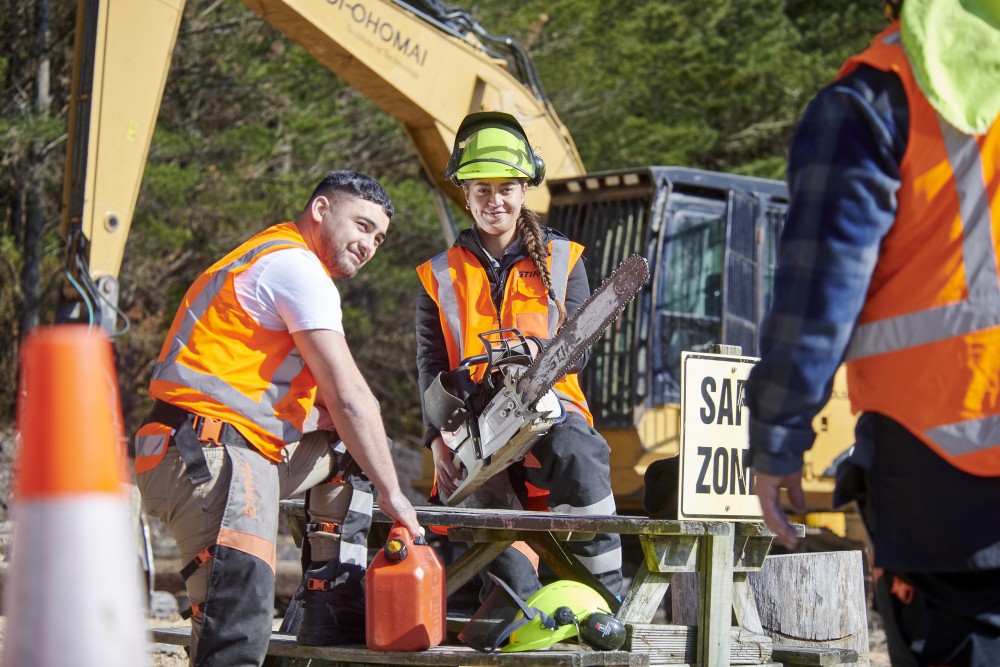
This section provides information about the workforce, industry and Vocational Education and Training (VET) provision and performance. It shows data and research focused on key aspects of Muka Tangata industry groups and learners. This section is expected to feature regular updates to the data and trends being showcased.
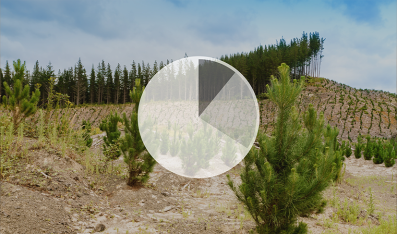
Insights for Industry about trends in economic performance indicators.
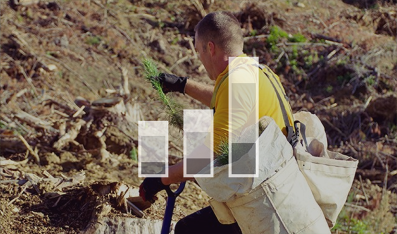
Insights on the workforce, including; size, ethnicity, age, regional distribution, and gender.
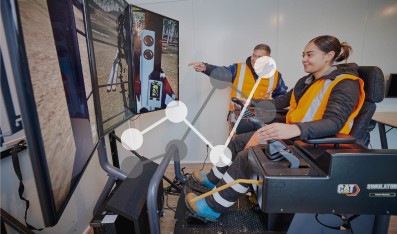
Insights about learners, including trends in enrolments and mix of provision.
Developing the Forestry workforce development plan has highlighted that the industry struggles to attract new people. This may be due to a lack of visibility of role models, the perception of minimal progression opportunities, and limited understanding around what sort of career and learner pathways exist.
The existing delivery and assessment of Forestry qualifications doesn’t fit learner needs. Trained and skilled workers are essential, however the way in which learners are taught and assessed on the job makes it challenging for employers to support learners, both financially and in terms of time. The burden is on the learner to complete the 'bookwork', potentially outside of work hours which may impact on themselves and their whānau. Furthermore, pastoral care is an important component of the industry, with employees often spending long days together in crews of people. The Forestry industry has some good examples of Māori pastoral care across employers, and there is an opportunity for employers to share these models with each other.
This is our plan to address the vocational education and training opportunities that arose from our engagement, research and analysis. It includes real projects that we are committed to delivering, with most of these spanning across some or all Muka Tangata industries. Our Projects have replaced our previous “Roadmap Actions” and present a consolidated view of our mahi. Some of the previous roadmap actions have been completed or closed out following a review of our work programme and engagement with industry on the priority of these actions.
